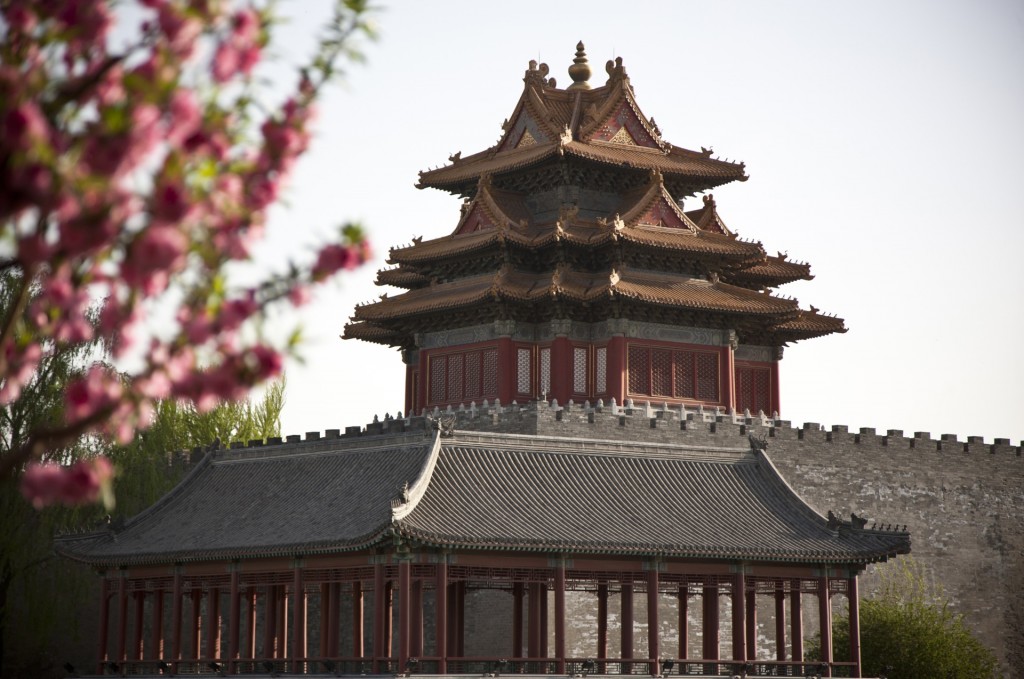China is not just the world's largest overall new-car market, it's also now the largest market for plug-in electric cars.
With its ambitious plan to build 500,000 electric cars per year beginning in 2018, it would seem to make sense that Tesla Motors would make China a priority.
But Tesla has struggled in China since it launched the Model S there in 2014.
DON'T MISS: Is China the key to all those Tesla Model 3 deposits?
It sold just 3,711 cars in China during the first eight months of 2016, putting China well behind the U.S. in sales (which Tesla does not break out by country).
In other words, cracking the Chinese market may not be as easy for Tesla as it might seem.
That's largely down to the nature of Chinese regulations, according to a recent Forbes piece on Tesla in China, which takes the form of a conversation between Tesla's head of China operations and Chinese authorities.

China
Chinese regulations favor domestic manufacturers, as evidenced by the fact that Chinese domestic brands currently account for 98.5 percent of sales in the country, according to the article.
That bias also becomes apparent when, in the hypothetical conversation, Tesla asks about exporting the Model S and Model X from the U.S. to China.
The authorities reply that cars will carry a 25-percent import duty and a 17-percent value-added tax, and that Tesla must apply for an import license—which "can take awhile."
ALSO SEE: Tesla software update fixes flaw found by Chinese white-hat hackers
That will inflate the base price of a Model S to around $120,000, the hypothetical Tesla executive notes, and imported electric cars don't qualify for the generous government incentives available for models built in China.
Tesla could attempt to open a Chinese factory, but it could only do so as part of a joint venture with a Chinese automaker.
The Silicon Valley carmaker would have to cede 50 percent of control to the Chinese company, and share valuable intellectual property.
![Venucia E30 (Chinese version of Nissan Leaf electric car), Guangzhou Auto Show [photo: ChinaAutoWeb] Venucia E30 (Chinese version of Nissan Leaf electric car), Guangzhou Auto Show [photo: ChinaAutoWeb]](https://images.hgmsites.net/lrg/venucia-e30-chinese-version-of-nissan-leaf-electric-car-guangzhou-auto-show-photo-chinaautoweb_100410159_l.jpg)
Venucia E30 (Chinese version of Nissan Leaf electric car), Guangzhou Auto Show [photo: ChinaAutoWeb]
Between high import costs and possibly onerous joint-venture requirements, neither option is likely very appealing to Tesla right now.
Tesla isn't the only automaker facing this dilemma, though many global makers have partnered with Chinese car companies to develop China-only brands.
But electric cars are proving a little different.
MORE: Can GM beat Chinese BYD as global electric-car leader? It plans to try
While Nissan entered into a joint venture to sell the Leaf in China under the Venucia brand, General Motors will not sell its 238-mile Chevrolet Bolt EV in China.
Instead, GM plans to focus on hybrids and plug-in hybrids, like its locally-produced Cadillac CT6 Plug-In Hybrid and some China-only hybrid Buick models.
In other words, for now the Chinese government cares about plug-in electric cars made in China by Chinese companies.
_______________________________________________











